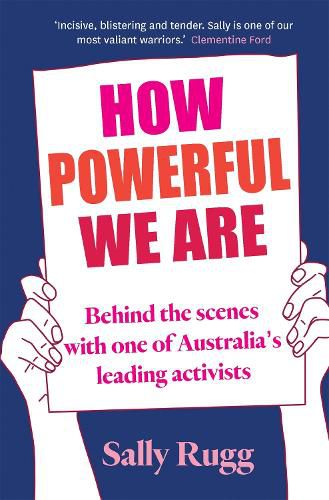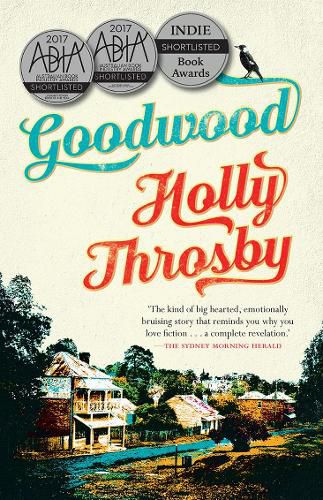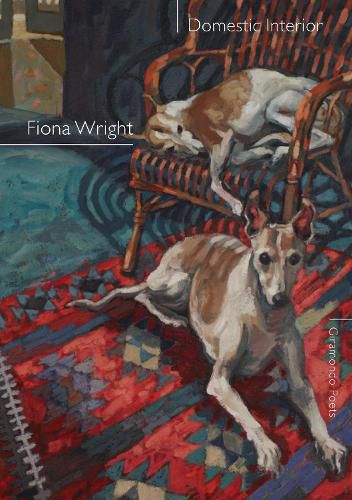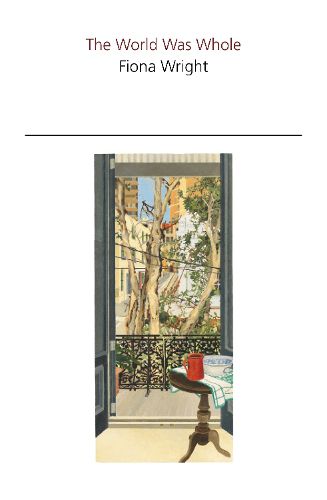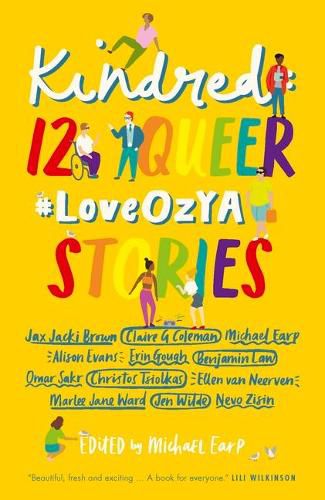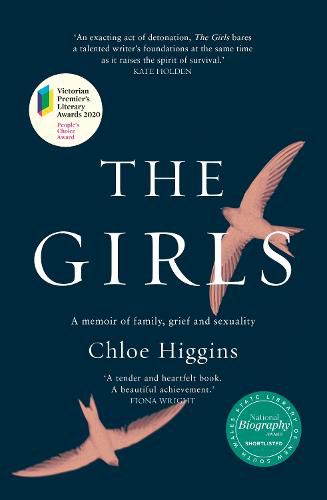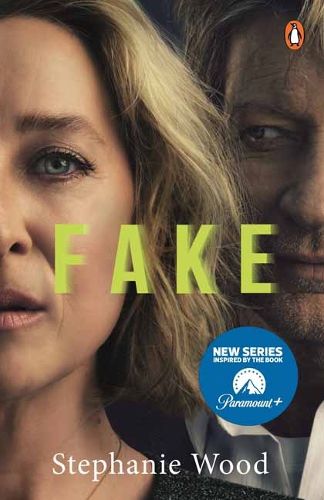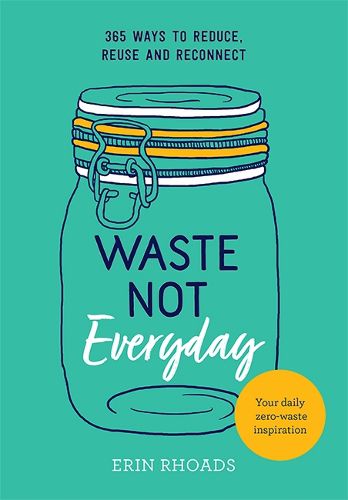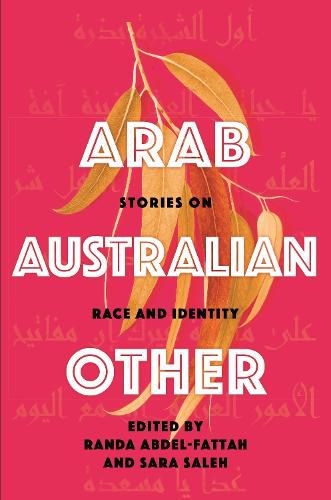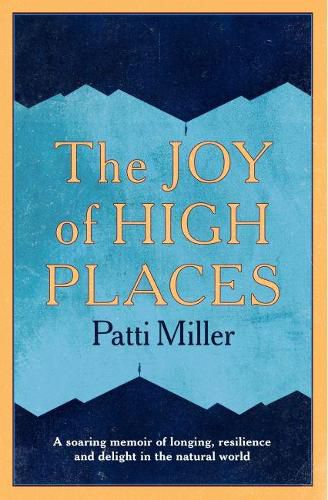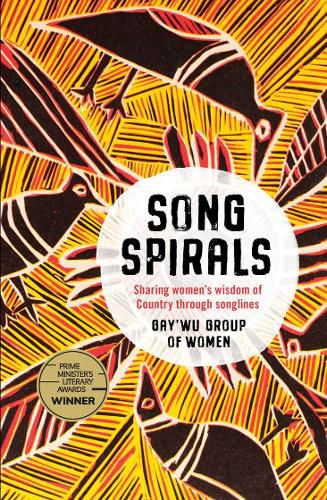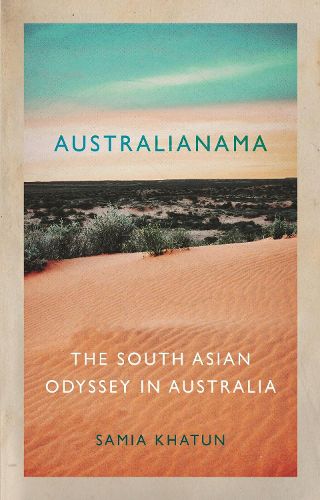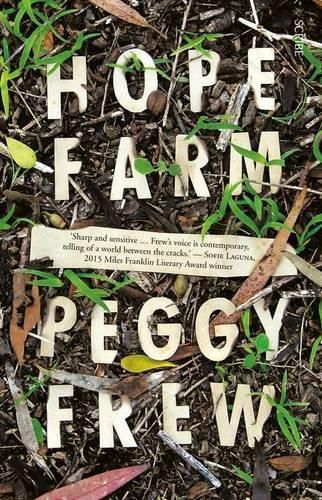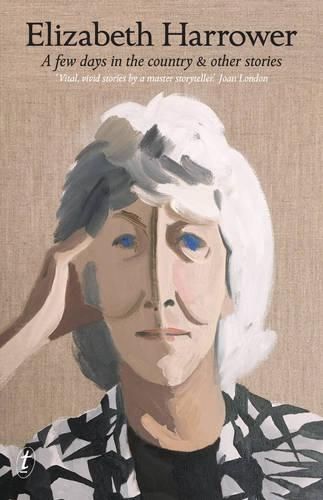Small Acts of Disappearance
Fiona Wright
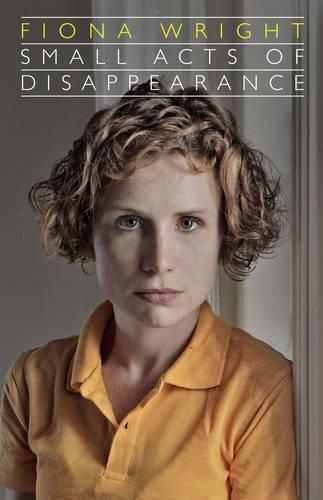
Small Acts of Disappearance
Fiona Wright
Small Acts of Disappearance is a collection of ten essays that describes the author’s affliction with an eating disorder which begins in high school, and escalates into life-threatening anorexia over the next ten years.
Fiona Wright is a highly regarded poet and critic, and her account of her illness is informed by a keen sense of its contradictions and deceptions, and by an awareness of the empowering effects of hunger, which is unsparing in its consideration of the author’s own actions and motivations. The essays offer perspectives on the eating disorder at different stages in Wright’s life, at university, where she finds herself in a radically different social world to the one she grew up in, in Sri Lanka as a fledgling journalist, in Germany as a young writer, in her hospital treatments back in Sydney.
They combine research, travel writing, memoir, and literary discussions of how writers like Christina Stead, Carmel Bird, Tim Winton, John Berryman and Louise Glück deal with anorexia and addiction; together with accounts of family life, and detailed and humorous views of hunger-induced situations of the kind that are so compelling in Wright’s poetry.
Review
Nina Kenwood
Small Acts of Disappearance is Fiona Wright’s memoir of her eating disorder. It’s structured as a series of ten essays, and from the very first lines of the opening chapter, I was captivated by Wright’s voice: ‘I’ll always remember the particular intensity that malnutrition brings on … that alertness of sensation, where every minute cell in the body is awake and alive to the smallest details of the outside world.’
Wright is an award-winning Australian poet, and her careful, skilful use of language is apparent on every page of this book. Her essays tell of being in and out of hospital, and of living in Sri Lanka, Berlin and Sydney. Underpinning every piece is a larger story of hunger: what it means to starve yourself, how it feels, and why you would do it: ‘Hunger is, I think, always an attempt to transcend the body, to become something other, something more.’
Throughout many of the essays, Wright returns to the idea of what it means to be someone with an eating disorder, and her reluctance to accept that identity for herself: ‘I thought that eating disorders only happen to women who are vain and selfish, shallow and somehow stupid; it took me years to realise the very opposite is true.’ Her reflections on how she came to slowly accept her illness are some of the strongest parts of the book, and her observations of those suffering alongside her are honest and moving.
In several of the essays, Wright turns to literature. She writes in detail about Christina Stead’s For Love Alone and Tim Winton’s Cloudstreet, two Australian novels that feature hungry young women, and she weaves the stories of the characters expertly around her own.
I loved this book. Wright is an exceptionally talented writer. Her work is full of empathy and it provides deep insight into an enormously complex disease.
This item is in-stock at 2 shops and will ship in 3-4 days
Our stock data is updated periodically, and availability may change throughout the day for in-demand items. Please call the relevant shop for the most current stock information. Prices are subject to change without notice.
Sign in or become a Readings Member to add this title to a wishlist.


